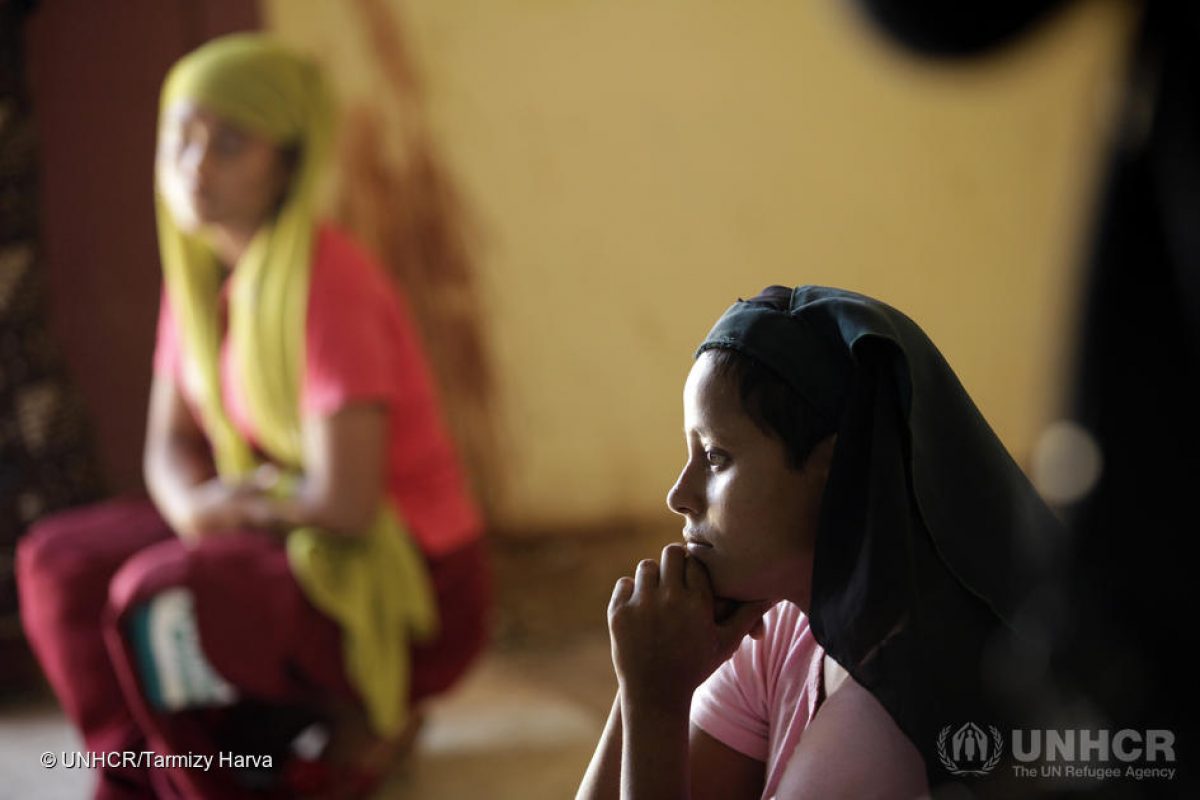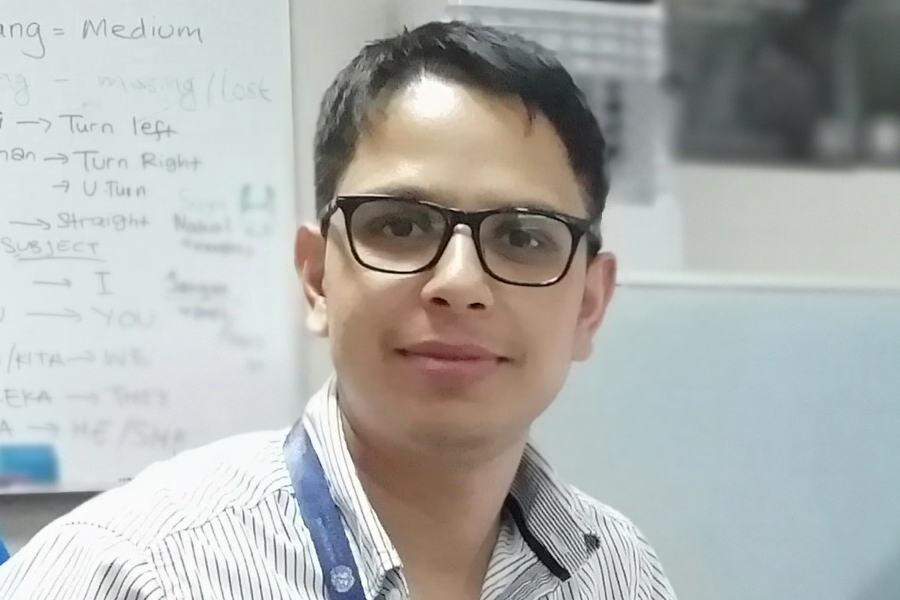Resettling Vulnerable Refugees in Indonesia

By Bharat Gautam (*)
“I cannot easily erase some of their stories from my mind.” Working in Indonesia, ICMC refugee resettlement expert Bharat Gautam reflects on the pain, difficulties and rewards of a job which, despite multiple challenges, is always “inspiring and motivating.”
Since November 2018, I have been working as an Associate Resettlement Officer with the UN Refugee Agency (UNHCR) in Jakarta, Indonesia, deployed through the International Catholic Migration Commission (ICMC). I had previously been deployed to Niger as a child protection expert.
Although Indonesia has not ratified the 1951 Refugee Convention, the country has a long tradition of hosting refugees and people in need of international protection. Today, there are some 14,000 refugees from about 50 countries registered with the UNHCR. As of December 2017, roughly half of them were from Afghanistan while the rest came from Somalia, Pakistan, Yemen, Myanmar (Rohingya), Iran and Palestine, among others.
The protection needs of these diverse groups are varied. Refugees fled their country of origin to escape war, conflict or persecution. In the course of their flight, many lost close family members; some were tortured and survived serious sexual and gender-based violence, including rape. Their suffering and long-lasting trauma continue to haunt refugees over the following months and years.
For vulnerable refugees who can neither return to their country of origin nor integrate in the country in which they have found refuge, resettlement to a third country is a crucial tool to help address their protection needs. It is also the most appropriate durable solution for successful integration.
In Indonesia, while the need for refugee resettlement remains high, resettlement quotas offered by third countries are dwindling. In view of this, the UNHCR Indonesia operation focuses on identifying candidates for resettlement based on vulnerabilities and protection needs. Most of the refugees identified for resettlement are women and girls at risk, persons with medical needs and survivors of violence and torture.
My main responsibility is to interview vulnerable refugees for resettlement and prepare their cases convincingly for submission to a potential resettlement country. Something that strikes me in my work is the happiness I see on the faces of refugees when they come for their resettlement interviews, despite all they have been through.

When I read the background information on a refugee, I am painfully aware that they have been through unimaginable experiences. Many of them previously owned businesses and homes but in their flight to safety had to leave everything behind or watch their life’s work being destroyed. So many refugees have lost family, friends and, in some cases, their own children.
Yet they are standing in front of me determined to rebuild their own and their families’ lives, full of expectations and questions. Nevertheless, to hear their harrowing flight stories and bear witness to their suffering is always difficult; I cannot easily erase some of their stories from my mind.
Interviewing refugees for resettlement is a rewarding experience because we are able to give them much-needed hope that they can rebuild their lives in safety and security in a third country. Despite the various challenges in the field, this always inspires and motivates me.
The opportunity to work for the most vulnerable and destitute refugees makes me feel privileged and I am grateful for it.
(*) Bharat Gautam is a refugee resettlement and protection expert from Nepal. He is one of the over 600 experts in ICMC’s deployment roster (learn more about it here). Currently, ICMC experts are working in over 30 countries. Apply to the ICMC expert roster here.